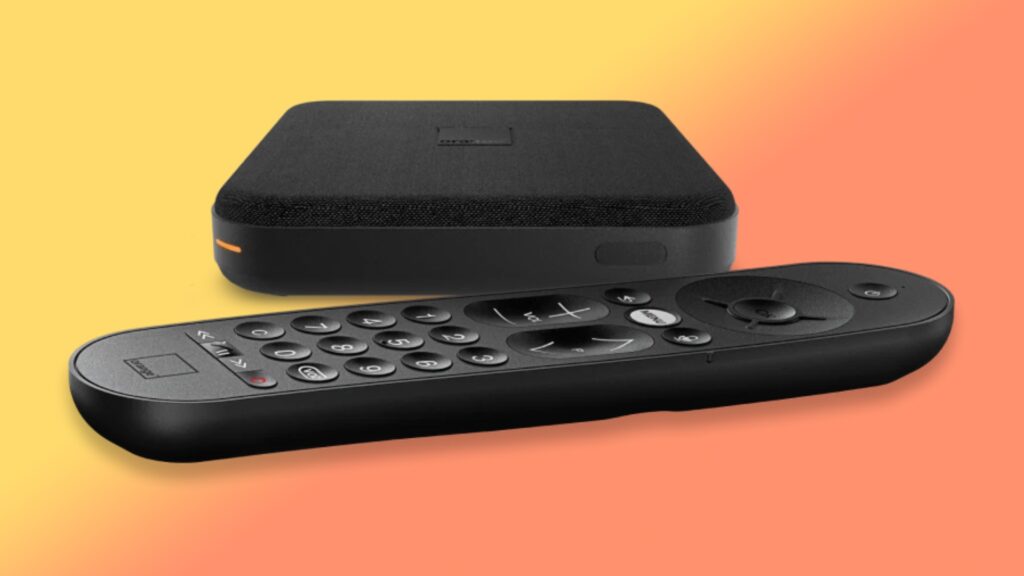America's FCC votes on net neutrality April 25th. And the director of Stanford Law School's "Center for Internet and Society" (also a law professor) says mostly there's "much to celebrate" in the draft rules released earlier this month.
Mobile carriers like T-Mobile, AT&T and Verizon that have been degrading video quality for mobile users will have to stop. The FCC kept in place state neutrality protections like California's net neutrality law, allowing for layers of enforcement. The FCC also made it harder for ISPs to evade net neutrality at the point where data enters their networks.
However, the draft rules also have "a huge problem."
The proposed rules make it possible for mobile ISPs to start picking applications and putting them in a fast lane — where they'll perform better generally and much better if the network gets congested.
T-Mobile, AT&T and Verizon are all testing ways to create these 5G fast lanes for apps such as video conferencing, games, and video where the ISP chooses and controls what gets boosted. They use a technical feature in 5G called network slicing, where part of their radio spectrum gets used as a special lane for the chosen app or apps, separated from the usual internet traffic. The FCC's draft order opens the door to these fast lanes, so long as the app provider isn't charged for them.
They warn of things like cellphone plans "Optimized for YouTube and TikTok... Or we could see add-ons like Enhanced Video Conferencing for $10 a month, or one-time 24-hour passes to have Prioritized Online Gaming."
This isn't imagination. The ISPs write about this in their blogs and press releases. They talk about these efforts and dreams openly at conferences, and their equipment vendors plainly lay out how ISPs can chop up internet service into all manner of fast lanes.
These kinds of ISP-controlled fast lanes violate core net neutrality principles and would limit user choice, distort competition, hamper startups, and help cement platform dominance. Even small differences in load times affect how long people stay on a site, how much they pay, and whether they'll come back. Those differences also affect how high up sites show in search results. Thus, letting ISPs choose which apps get to be in a fast lane lets them, not users, pick winners and losers online... [T]he biggest apps will end up in all the fast lanes, while most others would be left out. The ones left out would likely include messaging apps like Signal, local news sites, decentralized Fediverse apps like Mastodon and PeerTube, niche video sites like Dropout, indie music sites like Bandcamp, and the millions of other sites and apps in the long tail.
One subheading emphasizes that "This is not controversial," noting that "Even proposed Republican net neutrality bills prohibited ISPs from speeding up and slowing down apps and kinds of apps..." Yet "While draft order acknowledges that some speeding up of apps could violate the no-throttling rule, it added some unclear, nebulous language suggesting that the FCC would review any fast lanes case-by-case, without explaining how it would do that... Companies that do file complaints will waste years litigating the meaning of "unreasonably discriminatory," all the while going up against giant telecoms that stockpile lawyers and lobbyists."
"Net neutrality means that we, the people who use the internet, get to decide what we do online, without interference from ISPs. ISPs do not get to interfere with our choices by blocking, speeding up or slowing down apps or kinds of apps..."
They urge the FCC to edit their draft order before April 24 to clarify "that the no-throttling rule also prohibits ISPs from creating fast lanes for select apps or kinds of apps."


Read more of this story at Slashdot.
Stop 'Harmful 5G Fast Lanes', Legal Scholar Warns America's FCC
chevron_right

